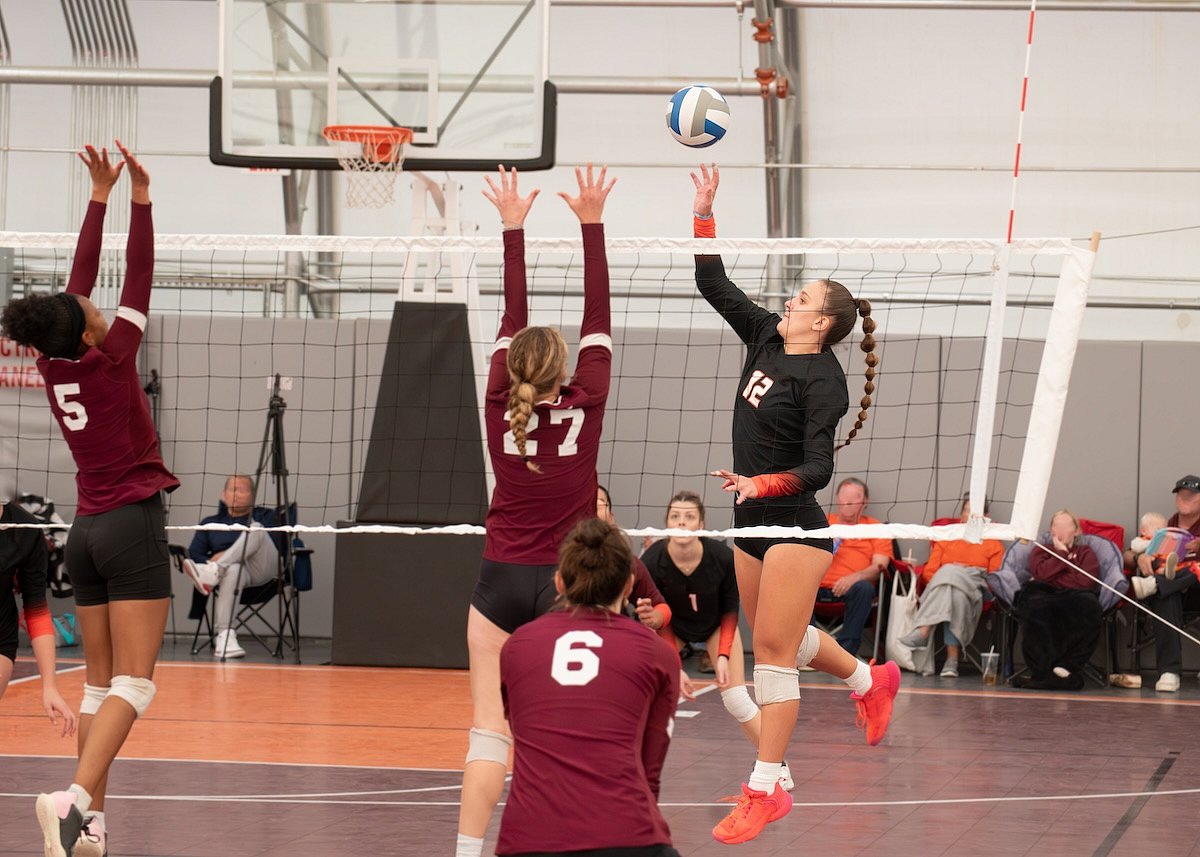
- Dennis Thompson
- Posted June 13, 2025
Mild Sleep Apnea More Common Among Female Athletes Than Thought
Sleep apnea could be more common in female college athletes than previously thought, a new study says.
Mild sleep apnea was observed in a quarter of a group of 68 female athletes, according to findings presented Thursday at an American College of Cardiology meeting in Washington, D.C.
“We found in this cohort that sleep health, not even considering sleep apnea, was poor among athletes, with 36% reporting poor sleep quality and 22% reporting that they had trouble staying awake at least once in the past month while eating or engaging in social activities,” lead researcher Dr. Austin Rim, a cardiology fellow at Emory University in Atlanta, said in a news release.
“Ensuring good sleep hygiene among these athletes is low-hanging fruit for improving overall health in this population,” Rim added.
Sleep apnea has been observed in male athletes, but the condition’s prevalence in female athletes has gone largely unstudied, researchers said in background notes.
For the study, researchers recruited college athletes at two universities in the United States. Softball, volleyball and basketball were the main sports represented among the athletes.
Sleep apnea occurs when the throat muscles relax and block the airway during sleep, causing patients to repeatedly stop and start breathing. These folks tend to snore loudly and wake repeatedly during the night, gasping and choking for air.
“There is a lot of overlap in symptoms of sleep apnea and sleep deprivation, which is unsurprisingly quite common among these athletes,” Rim said.
Untreated sleep apnea can increase a person’s risk of high blood pressure, irregular heart rhythms, heart attack, heart failure and stroke, researchers noted.
For the study, researchers studied athletes’ blood pressure, blood oxygen levels during sleep, and sleep patterns.
Results showed that more lean mass and older age among college athletes was associated with higher risk of sleep apnea.
“Some symptoms that might clue in an athletic trainer, coach or clinician that an athlete may be experiencing or at risk for sleep apnea include not feeling well-rested despite a full night of sleep, snoring very loudly, gasping or choking while sleeping,” Rim said.
Findings presented at medical meetings should be considered preliminary until published in a peer-reviewed journal.
Researchers noted that larger studies involving more athletes are needed to confirm these findings.
“Ideally, a future study would include multi-campus projects that track athletes over several seasons, compare men and women directly, and evaluate whether treating mild apnea reduces” heart disease risk that can result from sleep apnea, Rim said.
More information
The American Academy of Sleep Medicine has more on athletes and sleep apnea.
SOURCE: American College of Cardiology, news release, June 12, 2025
